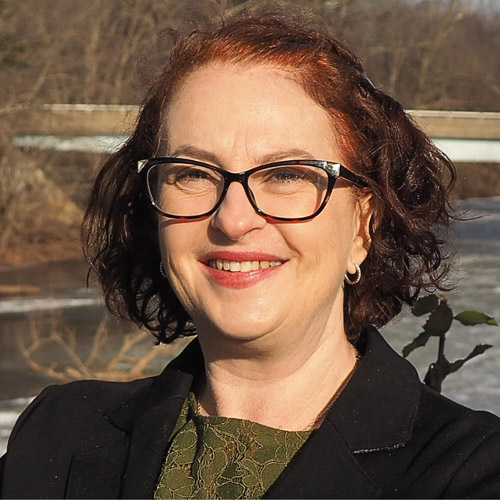That Which We Do Not Know: Autism and Threat
Presented by: Stephanie Leite, PhD

This on-demand professional training program on That Which We Do Not Know: Autism and Threat is presented by Stephanie Leite, PhD.
What are we scared of? We are scared of the unknown, of things that are different, of things we do not understand. So autistic people are often the focus of threat assessment investigations. To the neurotypical eye, autistic behavior can be unsettling, and unsettling behavior can seem dangerous. Dr. Leite is a psychologist who specializes in threat assessment and management. She has had a disproportionate number of referrals that include individuals who are socially different than others, who have been diagnosed with autism, and who make others uneasy.
Diving into the topic, Dr. Leite covers general information on ASD and crime, carefully explains the difference between ASD and psychopathic behavior, and uses research to identify factors that create greater and less risk in the population. Participants review the Sandy Hook Advisory Commission’s report, applying new knowledge to the report. The program concludes with a tabletop exercise utilizing breakout rooms for an interactive and boisterous finale.
Upon completion of this training, participants will be able to:
Palo Alto University, Continuing & Professional Studies (CONCEPT) is approved by, recognized by, or maintains sponsorship provider status with the following boards and agencies. We maintain responsibility for all content in our CE/CPD programs. For more information, visit here.
American Psychological Association (APA): Approved sponsor of continuing education for psychologists.
Association of Social Work Boards (ASWB): Approved continuing education provider (ACE program, Provider #1480), 11/22/2023–11/22/2026.
Canadian Psychological Association (CPA): Approved to sponsor continuing education for psychologists.
National Board for Certified Counselors (NBCC): Approved Continuing Education Provider (ACEP No. 7190).
Palo Alto University, Continuing and Professional Studies (CONCEPT) is approved by the American Psychological Association to sponsor continuing education for psychologists. Palo Alto University, Continuing and Professional Studies (CONCEPT) maintains responsibility for this program and its content. Palo Alto University, Continuing and Professional Studies (CONCEPT), is approved by the Canadian Psychological Association to offer continuing education for psychologists. Palo Alto University, Continuing and Professional Studies (CONCEPT), SW CPE is recognized by the New York State Education Department’s State Board for Social Work as an approved provider of continuing education for licensed social workers #SW-0356 and the New York State Education Department’s State Board for Mental Health Practitioners as an approved provider of continuing education for licensed mental health counselors. #MHC-0073. Palo Alto University, Continuing and Professional Studies (CONCEPT) has been approved by NBCC as an Approved Continuing Education Provider, ACEP No. 6811. Programs that do not qualify for NBCC credit are clearly identified. CONCEPT Professional Training, #1480, is approved to offer social work continuing education by the Association of Social Work Boards (ASWB) Approved Continuing Education (ACE) program. Organizations, not individual courses, are approved as ACE providers. State and provincial regulatory boards have the final authority to determine whether an individual course may be accepted for continuing education credit. CONCEPT Professional Training maintains responsibility for this course. ACE provider approval period: 11/22/23-11/22/26. Social workers completing this course receive (clinical or social work ethics) continuing education credits.